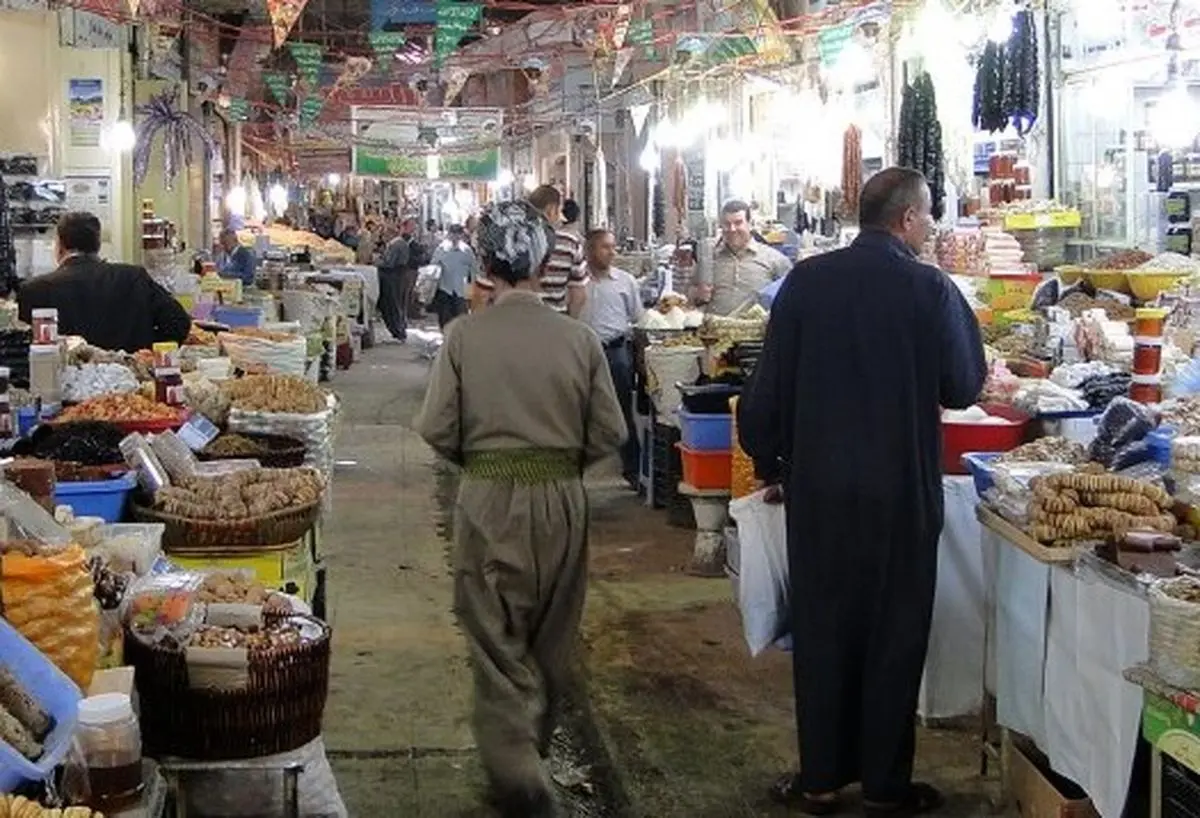Iran losing Iraqi market to rivals

Iran’s rivals in the Iraqi market (mainly China, Turkey and Syria) pay subsidies to their exporters, which have effectively diminished the competitiveness of Iranian exporters.
According to Mostafa Mousavi, a member of Iran Chamber of Commerce, Industries, Mines and Agriculture, the reason is to be sought in the low quality and high prices of Iranian products.
He also referred to poor packaging as another reason behind Iran’s loss of Iraqi market, IRNA reported.
Mousavi said Iran’s rivals in the Iraqi market (mainly China, Turkey and Syria) pay subsidies to exporters, which have effectively diminished the competitiveness of Iranian exporters.
“We can’t compete with them, under the current situation,” he said.
Although it is embroiled in war, Syria exports agro products to Iraq, notably with refrigerated vehicles. This is while the Iranian transportation system lacks the infrastructure,” he said.
Referring to hot weather in Iran’s border provinces of Khuzestan and Ilam, Mousavi said the export of perishable products from these regions is a challenge.
Iran exported 4.13 million tons of non-oil commodities worth over $2 billion to Iraq during the four months to July 22, indicating a 13.7% decrease in volume and a 6.5% increase in value compared with the previous year’s corresponding period, according to the Islamic Republic of Iran Customs Administration.
According to Ebrahim Rezazadeh, secretary of Iraq’s Desk at Trade Promotion Organization of Iran, the country’s share of Iraqi market stood at 19.7% in March 2016-17.
“Iran exported a total of 14.2 million tons of commodities worth $6.1 billion to Iran last year, registering a 1.84% and 1.59% decline year-on-year,” he said.
Iran’s main exports to the neighboring country include agro products, foodstuff and fruits such as watermelon, tomato and cucumber, which account for 37% of the total exports.
Other Iranian exports to Iraq include canned food, tomato paste, chicken, egg, meat, construction materials (mainly rebar, tiles and ceramics), steel and evaporative cooler as other commodities Iran exports to Iraq.
Turkey’s share in the Iraqi market stood at 21% last year.
Joint Business Conference in October
A joint business conference between Iranian and Iraqi officials and businessmen is scheduled for October 15-16 at Iran’s International Conference Center in Tehran.
The event is being organized by the Entrepreneurship Faculty of the University of Tehran, Iran-Iraq Chamber of Commerce and Iran-Iraq Economic Development Headquarters, affiliated with the Presidential Office.
A high-ranking Iraqi delegation comprising top officials from neighboring Iraq and the Iraqi Kurdistan Region will also attend the conference. Representatives from Iraq’s ministries of trade, oil, electricity and transportation, the Central Bank of Iraq, Iraq’s commercial banks, Iraq’s National Insurance Company as well as Iraqi customs and health officials have been invited as well, the conference center’s site of Tehran University’s Entrepreneurship Faculty (conference-center.ir) reported.
Prominent merchants from the neighboring country active in the fields of food, construction material, energy, automotive, pharmaceutical, medical equipment, health tourism and technical and engineering services will accompany the visiting delegation.
Present in the conference from the Iranian side will be First Vice President Es’haq Jahangiri, the foreign exchange deputy of the Central Bank of Iran, Gholamali Kamyab, and the head of Trade Promotion Organization of Iran, Mojtaba Khosrotaj, among others.
The two sides are scheduled to hold B2B meetings on issues ranging from banking and insurance to food and techno-engineering services.
Iraq’s present political and security circumstances and their impacts on trade regulations will also be surveyed at the two-day event.
Iran’s export potential will be introduced to the Iraqi side and ways of eliminating money transfer and banking hurdles will be discussed, the conference center said.
END
